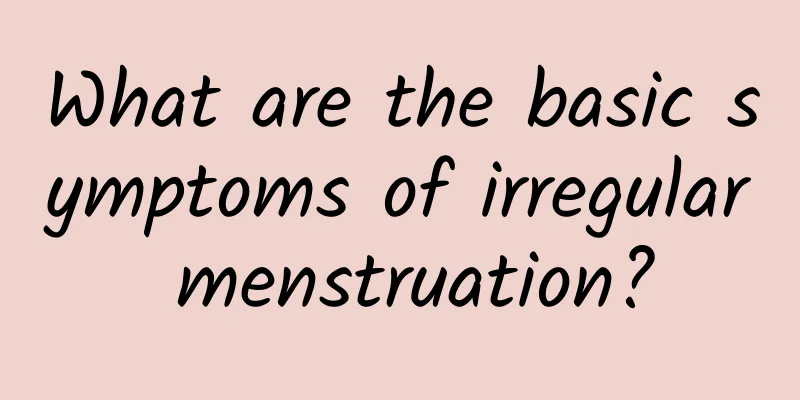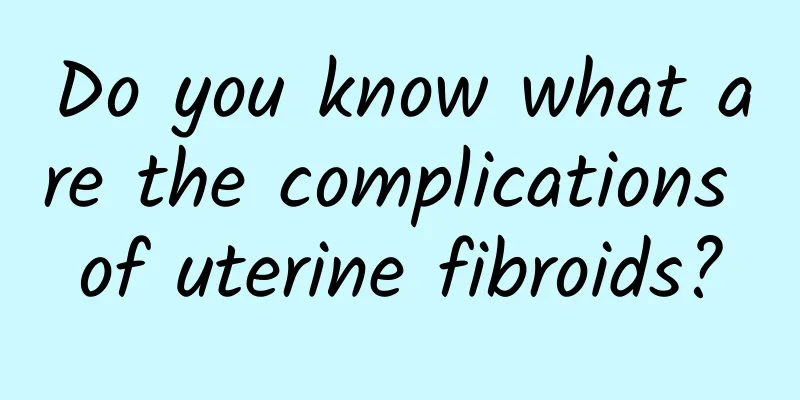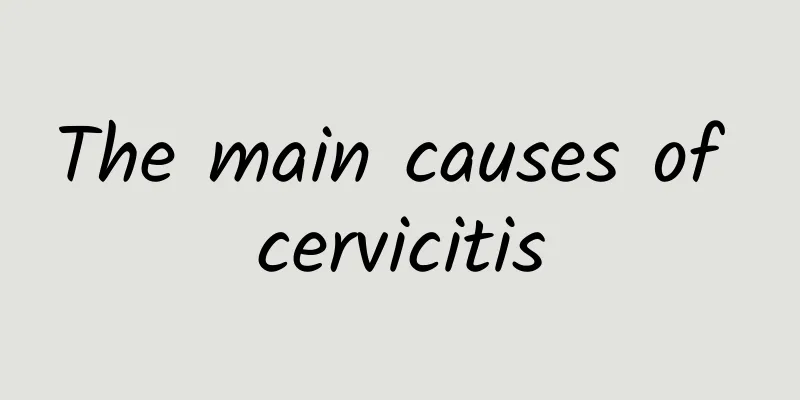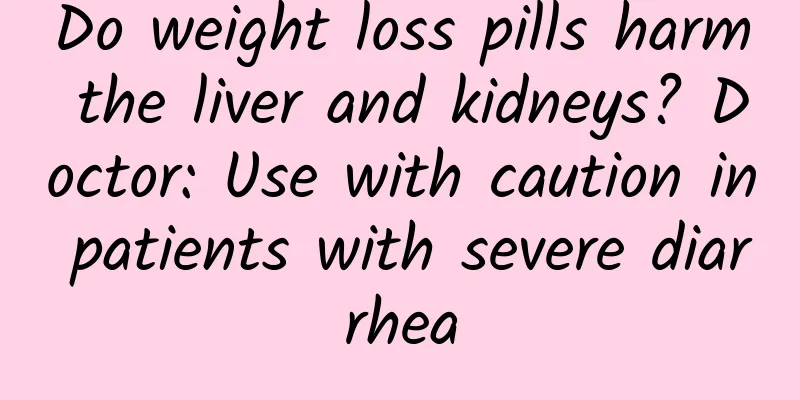What are the causes of ovarian cysts in newborns?
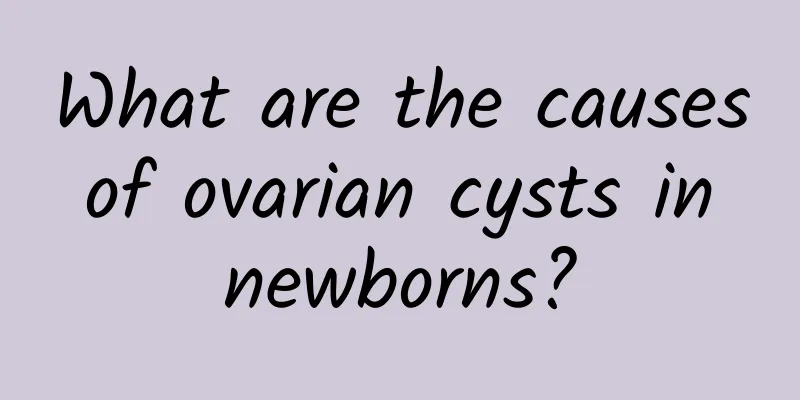
|
Ovarian cysts in newborns are usually related to the influence of maternal hormone levels, abnormal ovarian development of the fetus itself, or other health factors. Although most of them are benign, they still need to be closely monitored to rule out potential risks. From the perspective of genetic factors, neonatal ovarian cysts are usually less related to genetics, but if there is a history of related abnormal reproductive system diseases in the family, the risk of similar problems may increase. Environmental factors are mostly related to certain conditions of the mother during pregnancy. For example, pregnant women have received ovulation induction treatment, long-term use of high-hormone drugs, or abnormal estrogen levels in the body, which may affect the fetus through the placenta. Physiologically, the formation of functional cysts due to hormone fluctuations during neonatal ovarian development is more common, such as excessive response of the fetal ovaries to maternal estrogen. At the same time, maternal thyroid dysfunction, gestational diabetes, etc. may cause fetal endocrine disorders, which can also lead to the occurrence of cysts. Pathological causes such as genetic mutations in ovarian development, inflammatory reactions caused by lymphatic effusions, or fluid accumulation in the ovarian cysts caused by restricted blood circulation may all cause more complex types of cysts. If an ovarian cyst is found in a newborn, different treatments should be adopted according to the type of cyst and the specific situation. Regular ultrasound monitoring is generally recommended, and some functional cysts will be absorbed on their own without intervention. If the cyst is large or there is a risk of complications such as torsion or rupture, minimally invasive surgical treatment may need to be considered, such as cystectomy or cyst drainage. For pathological cysts, other imaging tests and laboratory evaluations may be needed to clarify the cause, and hormone regulation therapy may be required if necessary. Parents need to pay close attention to the baby's physical changes, take the newborn to the pediatric department for regular follow-up, and explain any abnormalities to the doctor. Most ovarian cysts can be prevented from causing more serious problems through early intervention. Paying attention to balanced nutrition and not taking medications at will during pregnancy can effectively reduce the risk of fetal developmental abnormalities. At the same time, maternal health management also plays an important role in prevention. |
<<: Can I eat millet porridge if I have cervical hypertrophy?
>>: Is there a high chance of miscarriage due to uterine malformation?
Recommend
How to prevent adenomyosis
Adenomyosis is a common gynecological disease tha...
Can I not get pregnant if I have adnexitis?
Adnexitis refers to an inflammatory disease of th...
How to check pregnancy at 32 days
Pregnancy can be confirmed at 32 days through blo...
What are the symptoms of secondary dysmenorrhea
Secondary dysmenorrhea is common in women after c...
Clinical symptoms of hyperprolactinemia
Hyperprolactinemia is a common clinical disease. ...
Can dysmenorrhea be cured?
Can dysmenorrhea be cured? Speaking of dysmenorrh...
Can beer help you lose weight? Add wheat flavor to dishes and reduce greasiness
Due to the high temperatures in recent days, Taiw...
What are the precautions during painless abortion surgery?
Many women who are pregnant for the first time ha...
Can I eat seafood during painless abortion surgery?
You can eat seafood in moderation after painless ...
Postmenopausal women should be careful about vulvar leukoplakia
Vulvar leukoplakia, as a chronic gynecological di...
Eat away fatigue and obesity! Must-have probiotic nutrients to fight inflammation
If you are prone to fatigue, pain, swelling, or e...
How should women prevent cervical erosion? Introduction to TCM methods of preventing cervical erosion
Can a sip of vinegar every day prevent cervical e...
What is the cause of polycystic ovarian cysts and what are the dangers
Polycystic ovarian cysts are not a disease. Stric...
What tests should be done for chronic cervicitis? Five tests are necessary for chronic cervicitis
1. Gynecological examination. Focus on the size, ...
How is pelvic inflammatory disease diagnosed?
Among many gynecological diseases, pelvic inflamm...
